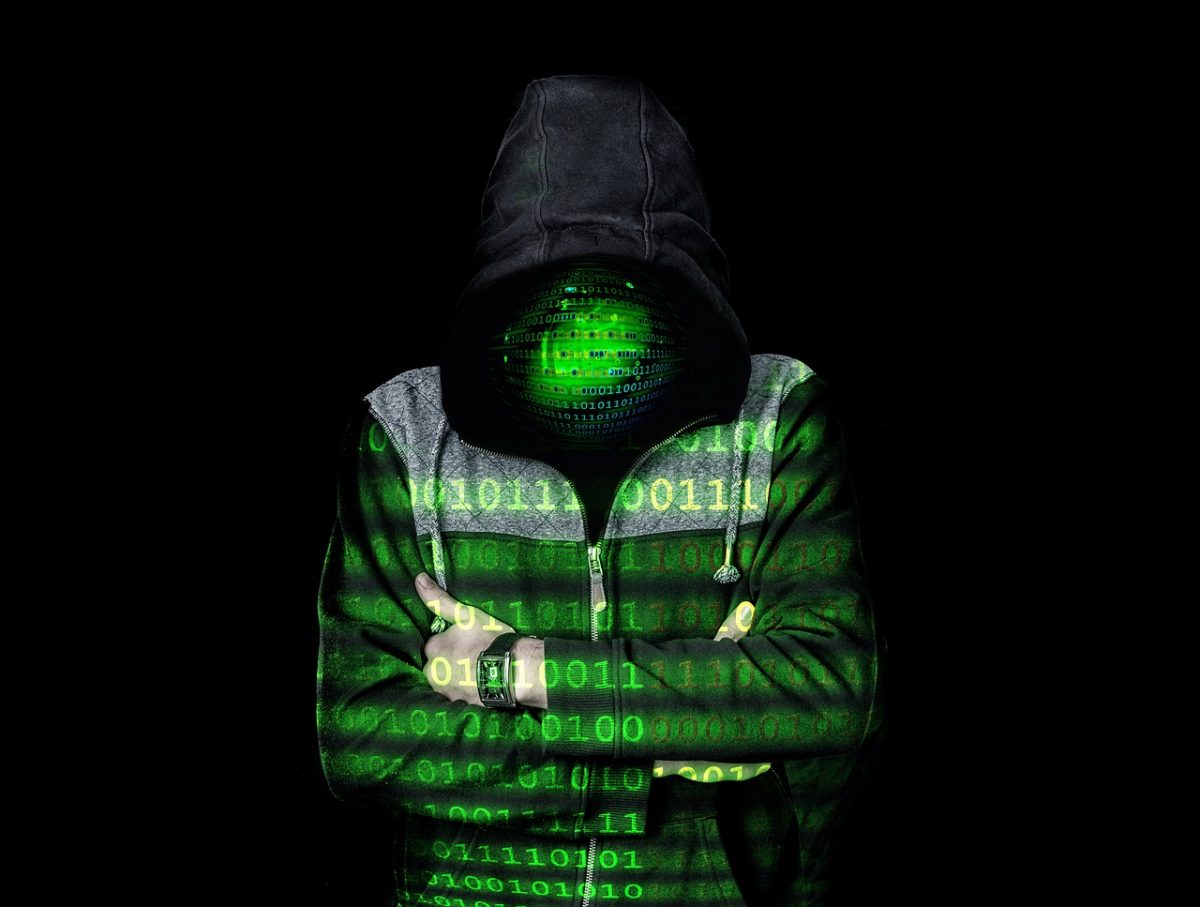
In the vast realm of the internet, where information flows freely, there exists a hidden layer known as the Dark Web. This dark corner of the internet is shrouded in mystery and notorious for being a hub of illegal activities. Understanding the Dark Web and taking steps to prevent your personal details from ending up on it is crucial in today’s interconnected digital age. Here at ScoresMatter we help you to regularly check if your details are on the dark web with or Dark Web Scan – helping you to ensure you are keeping your details safe.
What is the Dark Web?
The Dark Web is a part of the internet that is intentionally hidden and can only be accessed through specific software, such as Tor (The Onion Router). Unlike the surface web, which is indexed by search engines and accessible to the general public, the Dark Web operates on encrypted networks that offer anonymity to users. It harbors a myriad of websites and forums, ranging from legitimate and privacy-focused platforms to spaces facilitating illicit transactions, hacking, and other illegal activities.
Illegal Activities on the Dark Web
The anonymity provided by the Dark Web has made it a breeding ground for criminal enterprises. Users can engage in activities such as drug trafficking, weapon sales, hacking services, identity theft, and more, all while concealing their identities behind layers of encryption. The anonymity not only attracts cybercriminals but also poses a significant threat to the security and privacy of ordinary citizens.
Preventing Your Details from Ending up on the Dark Web
While the Dark Web may seem like an impenetrable underworld, there are measures you can take to reduce the risk of your personal details falling into the wrong hands:
Secure Your Online Presence:
- Ensure that your online accounts are protected by strong, unique passwords. Enable two-factor authentication whenever possible to add an extra layer of security.
Be Cautious with Personal Information:
- Exercise caution when sharing personal information online. Avoid providing unnecessary details on social media platforms and be wary of phishing attempts that may trick you into revealing sensitive information.
Regularly Monitor Your Financial Statements:
- Keep a close eye on your bank statements, credit reports, and other financial transactions. Report any suspicious activity promptly to your financial institution.
Use Secure Networks:
- When accessing sensitive information online, ensure that you are using a secure and private network. Avoid public Wi-Fi for activities that involve personal or financial data.
Stay Informed:
- Keep yourself updated on the latest cybersecurity threats and best practices. Knowledge is a powerful tool in safeguarding your digital identity.
Employ Antivirus and Anti-Malware Software:
- Install reputable antivirus and anti-malware software on your devices to detect and prevent malicious activities that could compromise your data.
Educate Yourself on the Dark Web:
- Understanding the nature of the Dark Web can empower you to recognise potential threats. Stay informed about common tactics used by cybercriminals to target individuals.
While the Dark Web remains a murky landscape of illegal activities, taking proactive steps to secure your digital identity is crucial in mitigating the risks associated with it. By staying vigilant, practicing good cybersecurity hygiene, and being mindful of your online activities, you can significantly reduce the likelihood of your personal details ending up on the Dark Web. In the ever-evolving digital landscape, knowledge and vigilance are key to safeguarding yourself in the interconnected world of the internet.